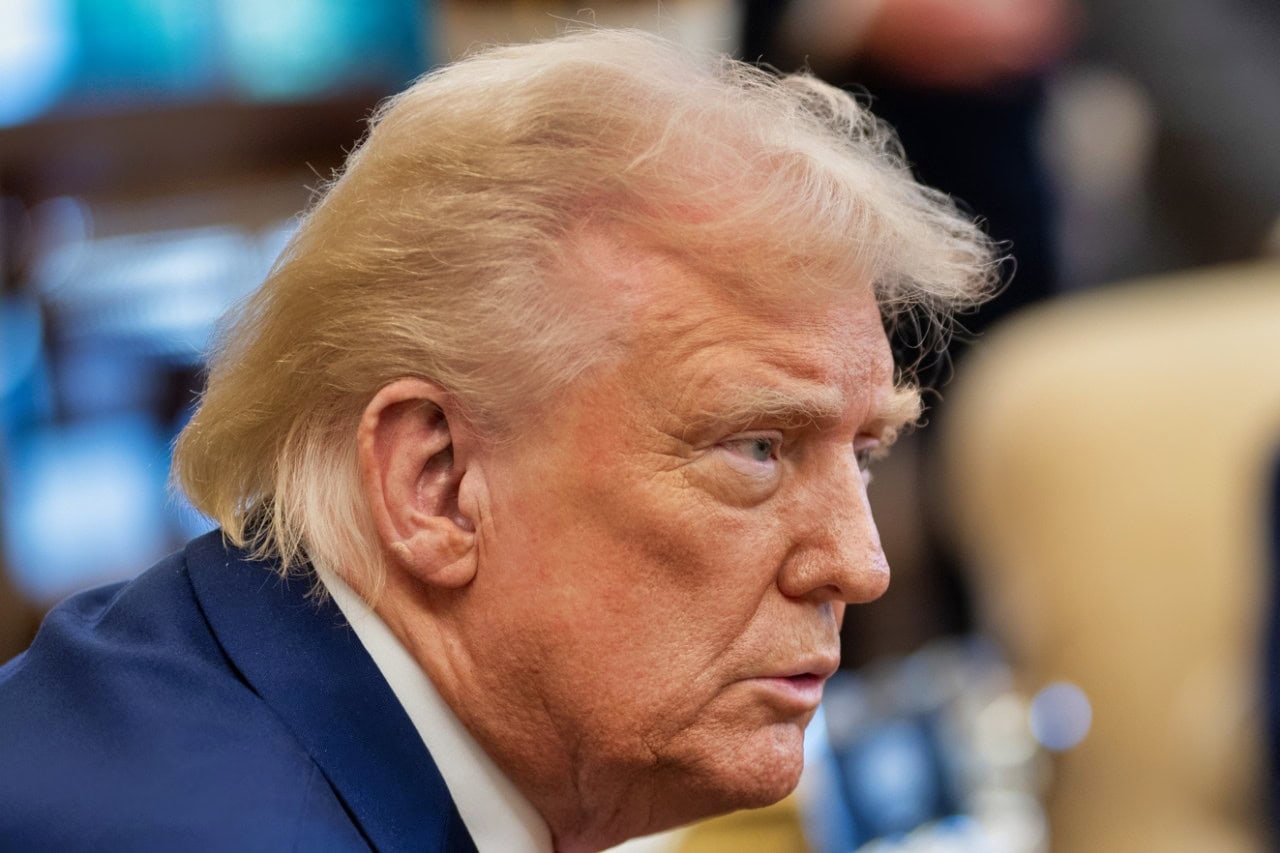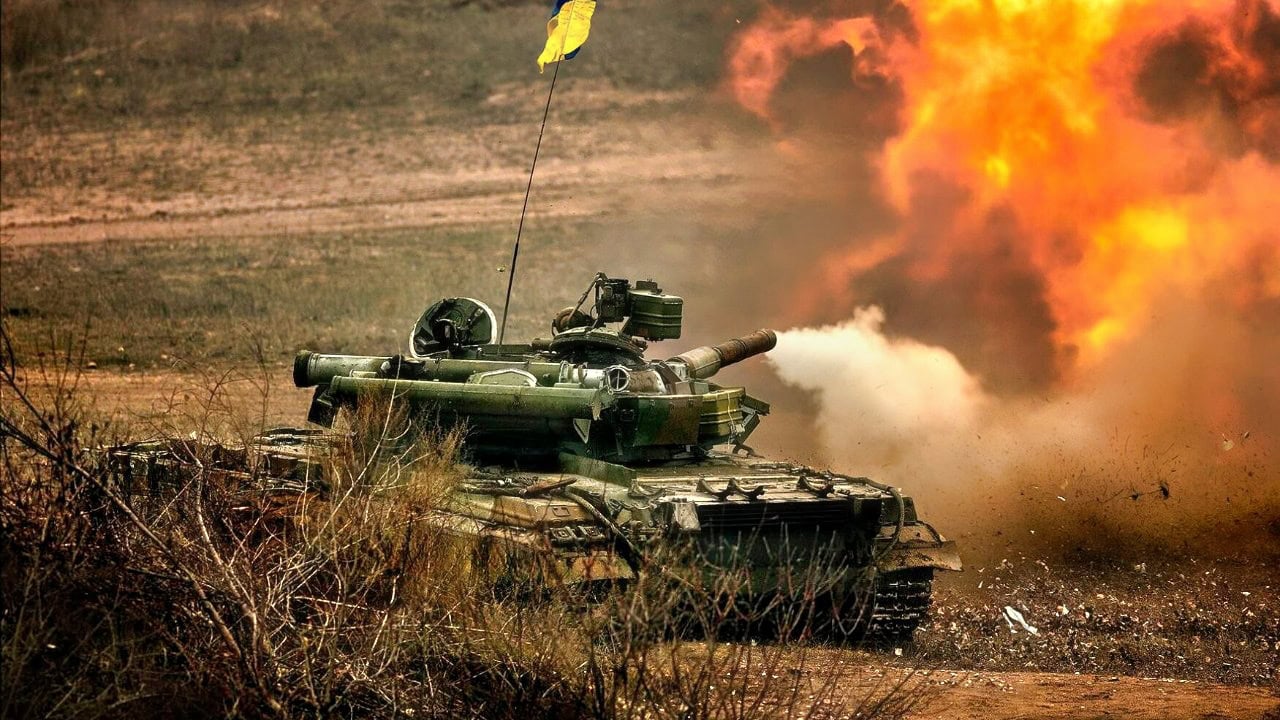The future is not always a foreign country. While many continue to wring their hands over the fate of Ukraine in the near term, the long-term challenges to sustaining a free and independent nation are likely far more significant. In the long history of conflict, more wars have ended indecisively than not. Russia’s war against Ukraine will likely prove no different. Further, how all wars end does not determine the future of peace. What happens after the shooting stops is more critical.
Even as the uncertain fate of this fighting continues, thinking longer and harder about our fate after the fighting might be as, perhaps more, important.

(U.S. Marine Corps photo by Sgt. Devin Nichols/Released)
There are notable examples of how indecisive wars end that might be instructive.
West Germany 1945
In 1945, the Western allies, in particular, paid far more attention to ending the war than what would come after. While “unconditional surrender” remained official US policy even late into the conflict, polls showed that a majority of Americans would have also accepted a negotiated peace if the Allies offered one. Even in the Good War, people get tired of fighting over time.
Further, the US only gave a modicum of thought to what came after. Roosevelt believed that the US occupation forces would stay in Europe for at most two years. Roosevelt and Truman could only guess how they would deal with the Russians after the war.
No issue was more complicated than a divided Germany. Indeed, within a few years, most experts agreed that Berlin was the hottest hot spot in the world and destined to be the flash point of World War III. Nothing that the US did was apparent when the war ended—not that America would assist in rebuilding West Germany, not that West Germany would rearm, not that Germans would join NATO. All these actions were a response to what happened on the ground.
This should serve as a stark reminder that there cannot possibly be greater clarity in the future of a divided Ukraine in the event of cessation of hostilities. The demand for “security guarantees” seems particularly spurious, as if peace deals could come with warranties like new appliances. West Germany eventually joined the alliance out of strength—not out of weakness, delivering political stability, a growing economy, national will, and a demonstrable capacity to contribute to a conventional deterrence of NATO territory.
NATO is a defensive alliance. Further, today, NATO has every prospect of defending NATO territory. It is unrealistic to think Ukraine can fall under an allied security umbrella until there is confidence throughout the alliance that Ukraine is a net contributor to peace and stability. That, at best, could take years.
Korea 1953
Like President Donald Trump, President Dwight Eisenhower swept into office on a promise he would stop a war and prevent the conflict from spiraling into a global holocaust. Like Trump, Ike followed a president who had no plan—other than to keep fighting. Also, like Trump, Ike recognized that the enemy had a vote. He would have to find a resolution to convince South Korea, as well as the North Koreans, the Chinese, and the Russians, that fighting had to stop and stop at a time and place that satisfied no one in the conflict, including many Americans. Nor did Ike get the fighting to end with a clear vision of a way forward. In the end, the US had to contribute major forces to deter North Korea and tolerate a virtual dictatorship in South Korea for decades. That all had to be done without the sure knowledge that South Korea would one day become a vibrant democracy and a strong, independent nation.
The story of Korea is not an argument for NATO or American forces to be stationed in Korea for decades to come. There is a big difference between South Korea and Ukraine. South Korea was a relatively isolated country in Northeast Asia. Without the American presence, there was virtually no deterrent to future conflict. Ukraine sits at the crossroads of Europe—with the exception of Russia—surrounded on all sides by friendly and supporting nations. These nations have an interest, in their own interests, in sustaining peace and deterring war. They will do so, just as the US remained steadfast with other Korean allies.
Israel 1968
No nation has seen greater peril than Israel, which faced the combined assault of the Arab World. While the US did provide material support, as in every war since the establishment of the state of Israel, Israeli men and women had to fight to defend their country alone.
The primary reason there is still an Israel today, and the nation just endured another assault on its existence, is because of Israel’s capacity to provide for its self-defense. This defense includes armed forces, intelligence services, and a vibrant, innovative defense industry.
Indeed, one of the lessons of Israel’s war and Ukraine’s survival of two invasions from Russia is that the support of friends and allies can be equivocal and waver, for instance, US support in the opening days of the 1973 war and when President Biden offered the President of Ukraine a plane ride out of his country when the Russians attacked. Demonstrating defense capacity, a resilient society and economy, and a will for national survival are the best arguments to your friends that they should remain your friends—and the best argument to your enemies is that they should back off or suffer the consequences. The most critical future deterrent to Russia will be a Ukraine that can defend itself. Further, there should be every expectation that deterrence may fail and that Ukraine will have to fight to protect Ukraine again.
Yet, if Israelis despaired at a bleak future where their existence would always be plagued with enemies who believe Israel has no right to exist—and if Israelis lost faith in their ability and resolve to defend Israel, the nation would have vanished from the earth decades ago. Ukraine is cursed to live next to an implacable enemy that believes it has no right to exist.
The only real instrument that will ever stop Moscow is Ukraine because, like Israel’s enemies, the Russians will always believe others will abandon Ukraine. They will only be stopped when they know Ukraine will never abandon Ukraine.
The Future
What Ukraine today has in common with West Germany, South Korea, and Israel, is that they all wanted a guarantee of a peaceful, secure, and prosperous future—not just the fighting to stop. In the end, they found there was no such guarantee. In fact, there were hardships, threats, and privations ahead. That is Ukraine’s future.
The US cannot solve the world’s problems. America cannot turn Ukraine into a land of milk and honey any more than it did the other countries. The US can, however, be a credible partner because, like Germany, Korea, and Israel, a free and independent Ukraine serves US interests.

President Donald Trump greets President Volodymyr Zelenskyy of Ukraine, Friday, February 28, 2025, in the West Wing Lobby. (Official White House Photo by Daniel Torok)
But, rather than looking for guarantees as ethereal as fairy dust, Ukraine, Europe, and the US need to seek feasible, acceptable, suitable steps based on conditions on the ground. If we are smart and lucky, we will, as in the past, ad hoc our way to a better future.
About the Author: James Jay Carafano
Dr. James Jay Carafano is a leading expert in national security and foreign policy affairs. Carafano previously served as the Vice President of Heritage Foundation’s Kathryn and Shelby Cullom Davis Institute for National Security and Foreign Policy and served in the US Army for 25 years. He is an accomplished historian and teacher as well as a prolific writer and researcher. Follow him on X: @JJCarafano.

